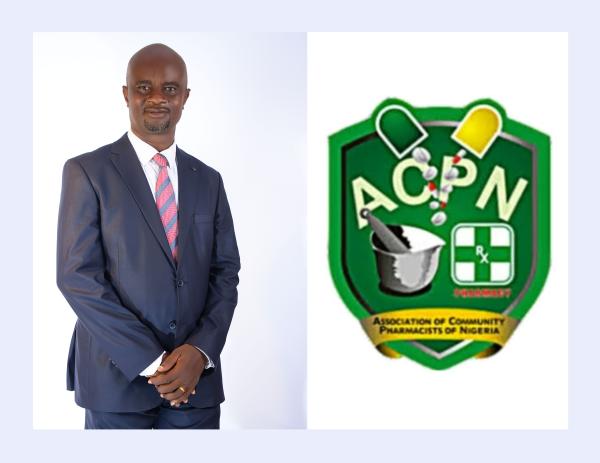
Dr. Usha Anenga, the second Vice President of the Nigerian Medical Association, highlighted the urgent need for greater attention to malnutrition in hospital settings during his compelling keynote address at the West African Society of Parenteral and Enteral Nutrition (WASPEN) 2025 Clinical Conference, held on June 17, 2025, at the Trauma Center of the National Hospital Abuja.
Speaking on the theme "Bridging the Gap: Integrating Hospital and Community Malnutrition Care in Developing Countries," While representing Dr. (Prof.) Bala Audu, the President of the Nigerian Medical Association (NMA), Dr. Anenga addressed the pressing issue of malnutrition in Nigeria, emphasizing that while communities are increasingly recognized for their role in tackling malnutrition, hospitals often receive significantly less focus.
“This topic is very important,” he asserted, reflecting on the current landscape where both over- and under-nutrition are prevalent. “In the Western world, obesity is the predominant struggle, but here, malnutrition is our critical issue.”
Dr. Anenga described malnutrition within hospitals as a silent epidemic that undermines patient recovery, escalates care costs, and worsens mortality rates. He lamented that this issue is often poorly recognized, stating, “More focus is placed on malnutrition in the community, and the conditions that occur within the four walls of the hospital are frequently overlooked.”
Providing alarming statistics, he noted that globally, 41.2% of children under age five are malnourished, while studies show that in adults, an astonishing 71.3% are malnourished, with an additional 22.1% at risk. These individuals experience delayed wound healing, increased susceptibility to infections, prolonged hospital stays, and higher rates of re-admission.
Dr. Anenga emphasized that neglecting clinical nutrition is not accidental but stems from systematic oversight. He criticized the lack of routine nutritional screening upon hospital admission, explaining, “This worsens patients' conditions and hinders their recovery. Nutrition does not occupy a central place in our medical education in Nigeria. Healthcare workers often graduate without a robust grounding in nutrition.”
He pointed out that without proper screening, there is a lack of data for necessary research, and many hospitals lack clinical dietitians and nutritionists. Even where they exist, these professionals often do not function effectively, and established guidelines are not adhered to.
“We need to improve funding for nutrition within hospitals; there must be a dedicated budget for this essential area,” Dr. Anenga insisted, concluding with a powerful assertion: “Nutrition is a human right, and malnutrition is a matter of social justice.”
His address resonated with attendees, calling for a collaborative effort to elevate the standard of nutritional care in both community and hospital settings throughout Nigeria and ultimately enhance health outcomes for all citizens.






















